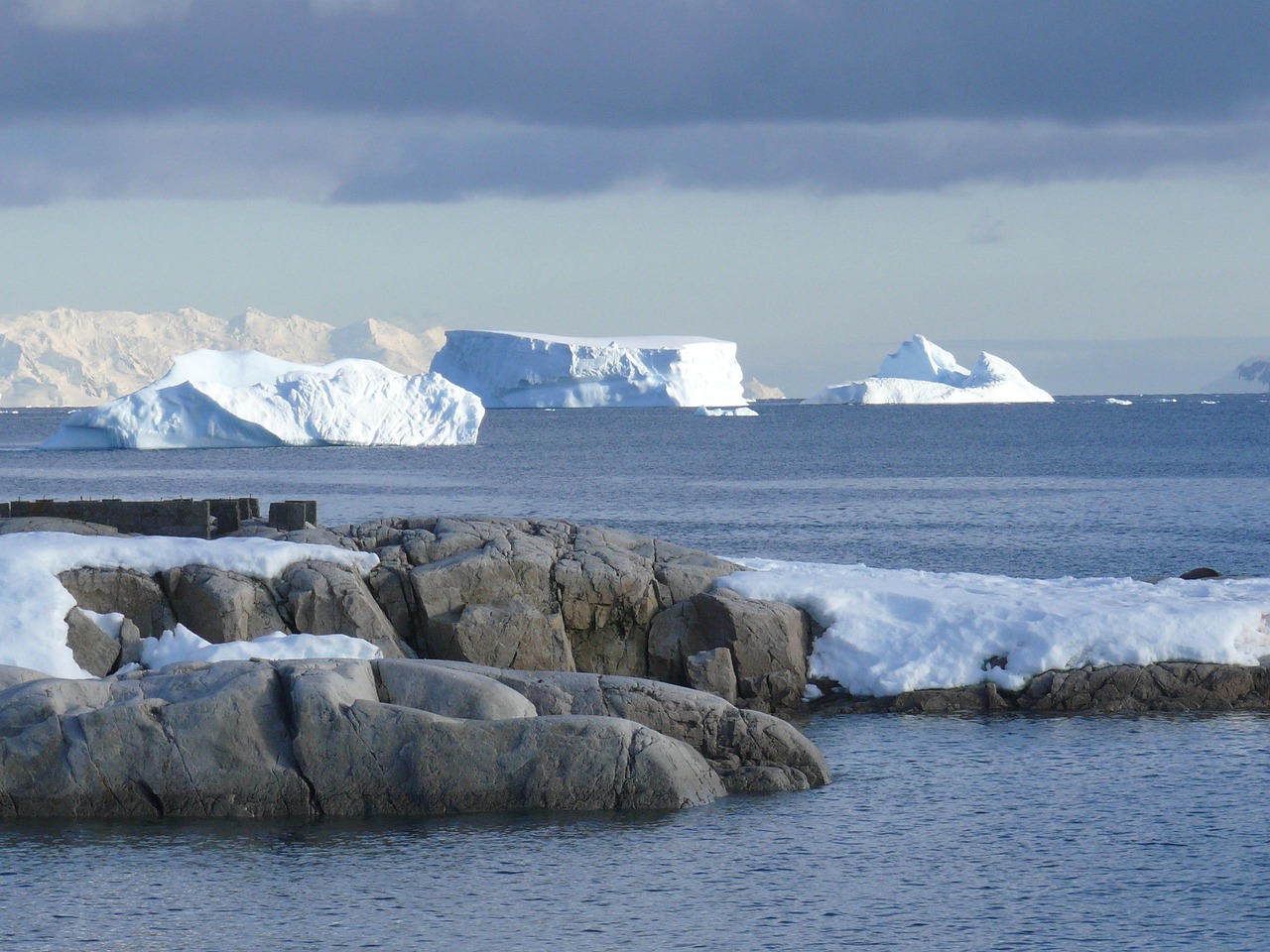News release
From:
The effects of Southern Ocean warming on tropical rainfall
Southern Ocean warming may have a greater impact than Arctic warming in some regions, particularly affecting tropical rainfall patterns, according to a study published in Nature Communications. These effects could exacerbate weather and climate extremes in vulnerable regions.
Polar regions are experiencing more rapid warming than the rest of the globe; this phenomenon, known as polar amplification, may influence global climate. Whilst Arctic warming has been studied extensively, the Southern Ocean surrounding the Antarctic has been warming more slowly and is less well understood. Previous research has suggested that the relative warming of the Southern Ocean compared to the Arctic Ocean could have implications for regional tropical precipitation patterns, but the extent of this has been uncertain.
Hyo-Seok Park, Hyein Jeong, and colleagues used several climate models and projections of future Southern Ocean and Arctic warming to investigate tropical climate patterns up to the mid-21st century. This analysis was carried out under a ‘medium emissions’ scenario (SSP 2-4.5). The authors found that just 1°C of warming in the Southern Ocean could exert a similar level of influence on tropical precipitation as 1.5°C of warming in the Arctic Ocean could. The authors also investigated the potential effects of this warming across tropical regions, finding that Southern Ocean warming could simultaneously increase rainfall in northeastern Brazil and exacerbate drought risk in the Sahel region of sub-Saharan Africa. The researchers suggest that these impacts may be comparable to — or more pronounced than — those associated with the weakening of the Atlantic Meridional Overturning Circulation.
This study highlights the strong influence of Southern Ocean warming on future tropical climate systems and hydrological cycles in the coming decades.



 International
International



